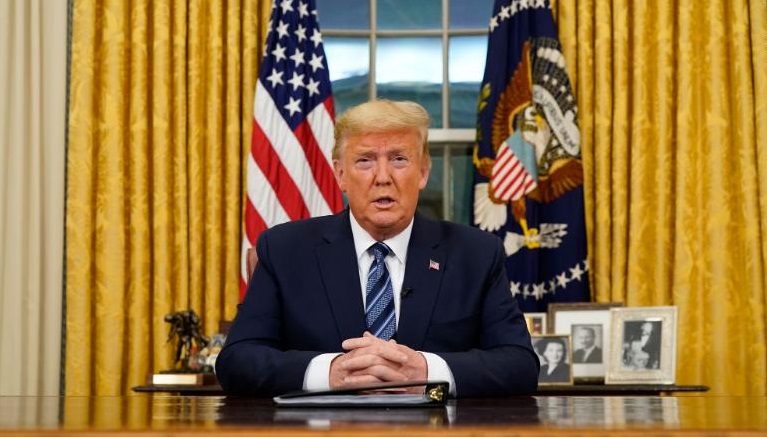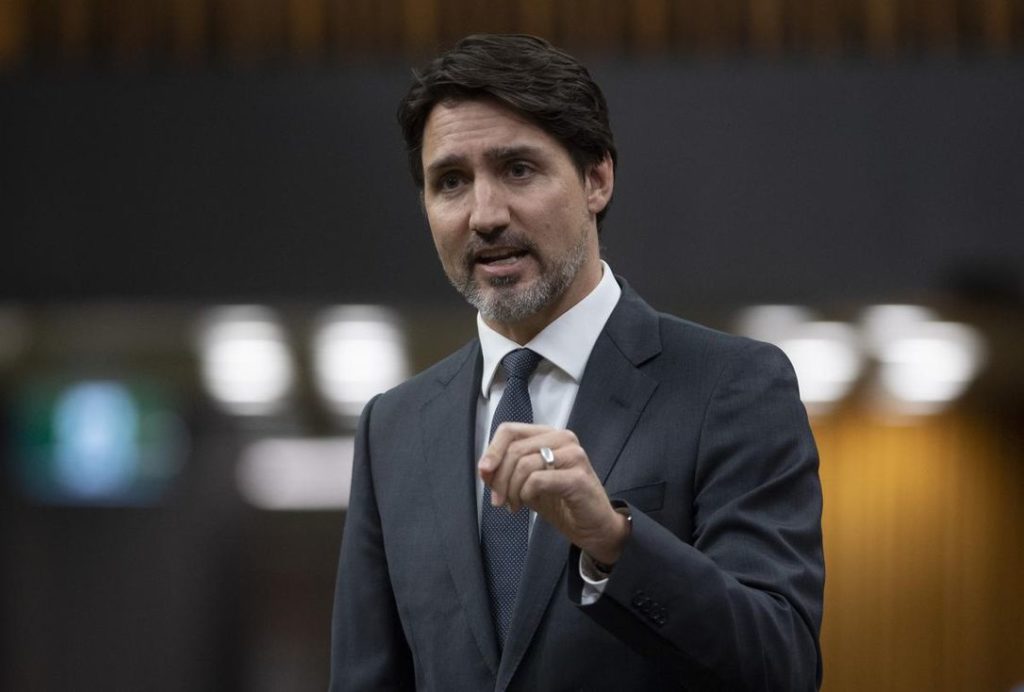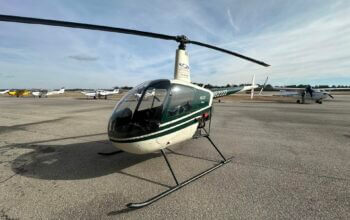Estimated reading time 5 minutes, 9 seconds.
United States president Donald Trump announced that travel to and from Europe will be strongly restricted for 30 days in a March 11 Oval Office address. The move is an attempt to contain the spread of COVID-19, which Trump described as a “foreign virus” that was brought to America by visitors to the country and has infected roughly 1,200 American citizens.

“To keep new cases from entering our shores, we will be suspending all travel from Europe to the United States for the next 30 days,” he declared from behind the Resolute desk.
During the address, Trump stated that “these prohibitions will not only apply to the tremendous amount of trade and cargo, but various other things as we get approval,” though he later tweeted that cargo wouldn’t be affected by the restrictions, saying “the restriction stops people, not goods,” after stock futures plummeted in light of the initial announcement.
In the televised address, Trump claimed “all travel from Europe to the United States” would fall under the restriction, but his administration team was quick to clarify the ban as only applying to foreign nationals and not for American citizens who had been screened before entering the country.
Trump also announced that the ban would not be applied to travel from the United Kingdom, and in a White House press statement released post-speech, it was clarified that it would not apply to all of Europe.
Rather than the entire continent, the travel restrictions will apply to 26 European countries who allow free and open travel between their borders, commonly known as the Schengen Area. Those countries include Austria, Belgium, Czech Republic, Denmark, Estonia, Finland, France, Germany, Greece, Hungary, Iceland, Italy, Latvia, Liechtenstein, Lithuania, Luxembourg, Malta, The Netherlands, Norway, Poland, Portugal, Slovakia, Slovenia, Spain, Sweden and Switzerland.
The ban is set to take effect at midnight on Friday night, and comes after Trump faced heavy criticism on his response to the initial outbreak, which was deemed nonchalant and lacking the appropriate urgency.

Prime Minister Justin Trudeau also made an announcement surrounding the COVID-19 outbreak last night, where he said the federal government was committing $1 billion to the containment of the virus. It’s unclear if the prime minister’s office (PMO) received much notification for Trump’s travel ban, or how it will address the issue, but PMO spokesman Cameron Ahmad told reporters “we won’t comment on other countries’ approaches.”
“We will continue to base our decisions in Canada on science and the best advice from our public health agency,” he said.
During Trudeau’s announcement about fighting the infection, he said the Canadian government is well prepared for both the threat to public health as well as economic fallout from the spread of the virus.
“The reality is that the number of people affected by the virus keeps climbing. Canada has been fortunate so far… but I know that people across the country are worried,” Trudeau said. “We have a responsibility to make sure that Canada is ready for all scenarios and we take that responsibility extremely seriously.”
The money the government pledged to combat effects of the Coronavirus outbreak includes $500 million to support provinces and territories, a $275 million investment in research, and $150 million for immediate health response – the rest of the cash will be divvied up between a number of things including international assistance and employment insurance sickness benefits.
The American government’s European travel ban will also impact airlines the world over, many of which have already restricted travel routes. Immediately following Trump’s address, airline stocks plummeted globally, with some – such as Norwegian Air – falling over 20 per cent as a result of the newly-minted restrictions.
COVID-19 has littered news cycles the world over, and these two new developments from the U.S. and Canada came on the same evening as the National Basketball Association decided to suspend the current season indefinitely, after Utah Jazz star Rudy Gobert tested positive for the virus.
Earlier on March 11, the World Health Organization formally classified the outbreak as a global pandemic. According to the agency website on March 12, there are more than 124,000 confirmed cases and more than 4,600 deaths related to COVID-19 worldwide thus far.








